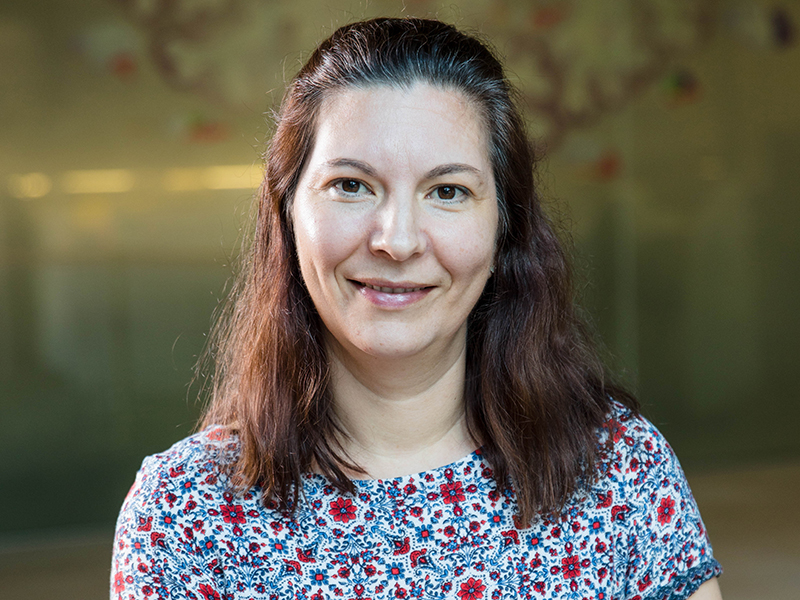Dr Tara Walker: exercise and cognition in ageing and disease

When the Queensland Brain Institute opened in 2003, Dr Tara Walker was one of the first researchers who joined. While her PhD was in plant biotechnology, Tara swapped her focus to neuroscience and took up a postdoctoral research position in Professor Perry Barlett’s lab. Six years later, she moved to Dresden, Germany, to continue her research in neurogenesis in the adult brain. And then, three years ago, she moved back to QBI, where she now runs her own lab.
Tara’s research investigates how cognition can be boosted during ageing and in neurodegenerative disease. For over 20 years, we have known that physical exercise increases the production of new neurons in the hippocampus. Although neuroscientists have extensively studied this, the mechanism which underlies this response remains unclear. However, Tara’s team has discovered a couple of proteins involved in the response, which they are now following up.
The overarching goal of Tara’s research is to identify how the effects of physical exercise can be mimicked, for example, by using a drug. This is particularly important for individuals who are unable to exercise due to advanced age or disability.
Tara is the first to point out there is no way her team could do this research alone. A collaboration with Emeritus Professor Perry Bartlett’s research team has enabled them to access blood samples from older adults involved in an exercise and cognition trial. In addition, a collaboration with Professor Jürgen Götz has enabled Tara’s team to investigate whether one of the factors released following exercise can ameliorate the loss of neurons and cognitive decline associated with Alzheimer’s disease.
Tara is also looking at whether the factors her team has identified for cognition in older adults are beneficial for the brain’s recovery from a stroke. The team collaborates with research colleagues in Australia, China, Germany and the United States, studying how exercise affects our brain. It’s an area of intense interest given that our increasingly sedentary lifestyles are known to be a major risk factor for developing disease.
Most of the team’s work testing factors involved in exercise is in mice models so far. But the longer-term goal is to translate this to human trials using, for example, a dietary supplement. However, moving to this next stage will require backing from industry and further funding.
To read more about Tara’s research, see this article. To help Tara’s team progress their important research, please donate to QBI or contact us to discuss how you can get involved.
